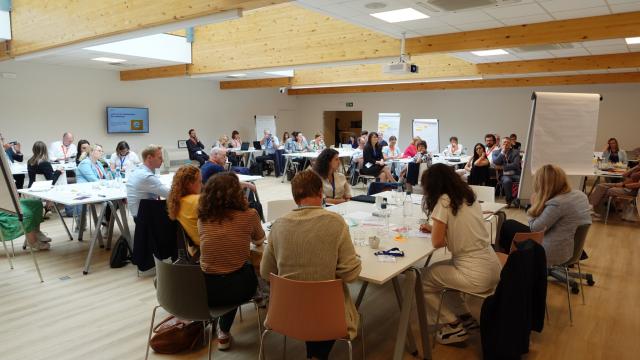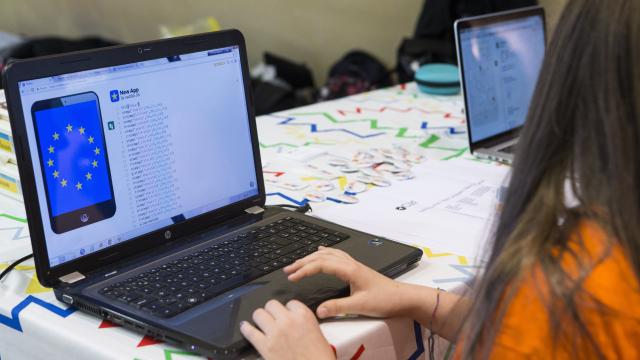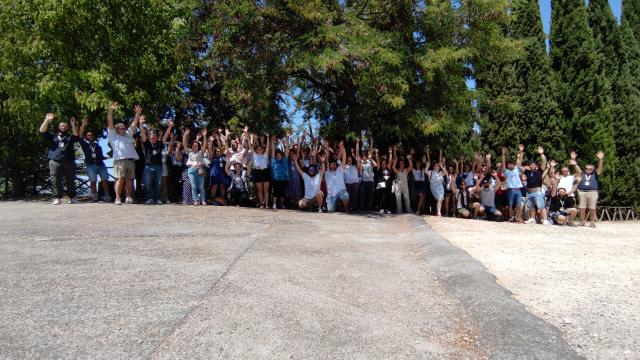Ready, steady...CodeWeek 2021!
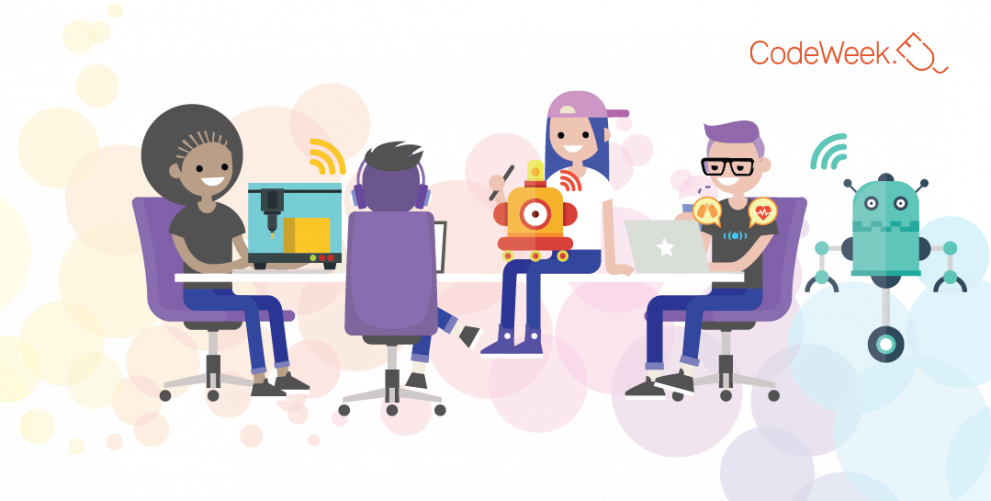
Back to school, since 2013, means also, for millions of schoolchildren and teens, learning about code: the European Commission’s CodeWeek initiative has seen a growing success in terms of number of initiatives and participants, reaching this year 80 countries and 3.4 millions of participants, and engaging a worldwide audience of enthusiastic teachers and students. This year, students and teachers all over the world will solve the identified challenges thanks to technology from 8 to 24 October, while the kickoff event will take place online on October 7 at 5 pm CET, the streaming will be available on the Facebook Page and YouTube Channel.
Launched in 2013 by the Young Advisors for the Digital Agenda Europe, CodeWeek is definitively one of the most successful initiatives when it comes to show the potential – and fun – of technology to the younger generations. One of the main perks of the project is the open participation concept: providing a framework and a toolkit for teachers to introduce collaborative and creative methods to solve challenges, transforming their students in active producers of technology, instead of just passive users.
The initiative defines itself as a grass-roots movement, which is one of the ingredients of its huge success, as every school can create their own project and share it in the CodeWeek website. The result is a world map of creative ideas and solutions in all languages, which bring together the whole classroom, teachers and students together, closer to coding and to technology, while showing the potential of collaborative technology creation.
Some statistics from the 2019 edition: the average participant was 11 years old and 49% of participants were women or girls. 92% of EU Code Week events took place in schools, which show that efforts to empower teachers during the 2019 campaign have been successful. This year CodeWeek is more active than ever before, and the Scoreboard shows the number of initiatives per country, which have currently reached globally a total of over 21K - all over the world.
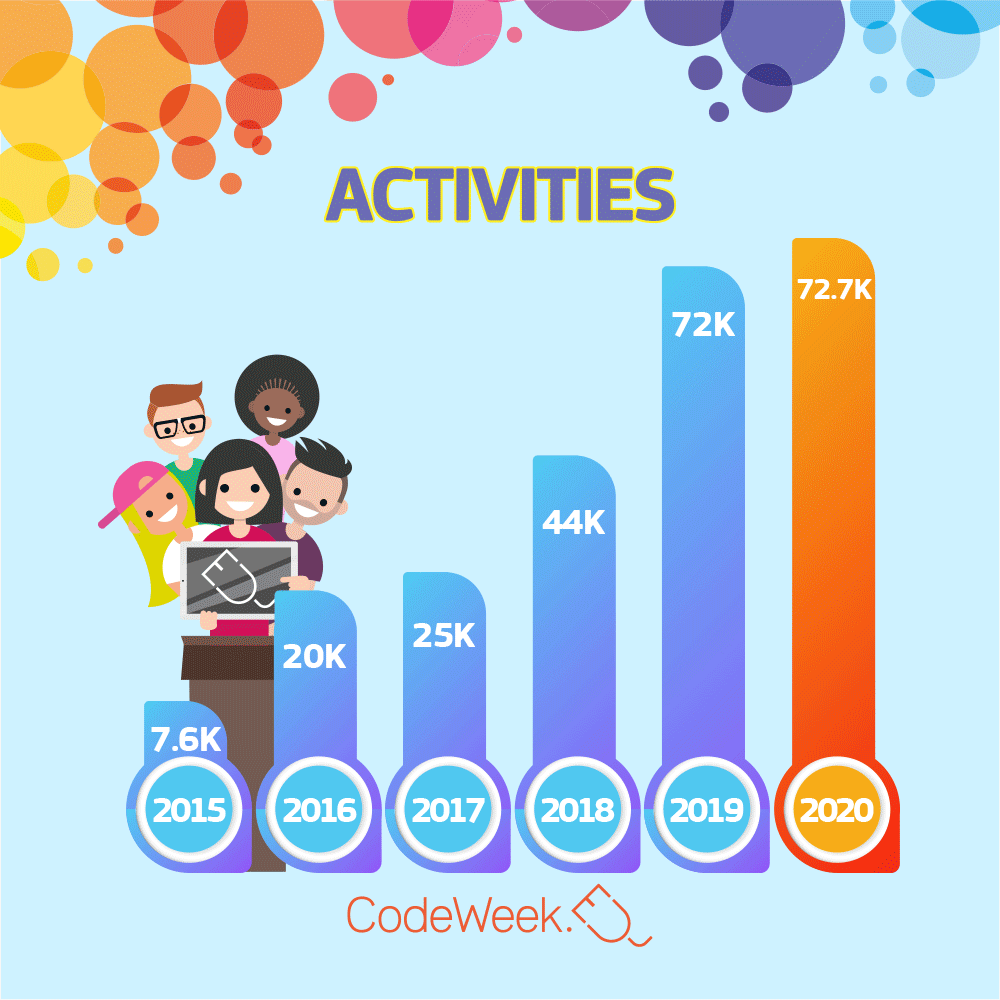
As part of the project, 6 Hackathons were co-organised in different countries by the European Commission and local EU Code Week Ambassadors, and financed by the European Parliament: students in Greece, Latvia, Ireland, Italy, Romania and Slovenia could register on the platform during the summer to take part in one of the Hackathons. The ten best teams continued their hackathon journey and received training and mentoring over the summer. The national winners will then take part in the final hackathon on October 14th at 5pm CET: you can follow the live event on Facebook and YouTube.
Additionally, EU Code Week can last all year round, the website offers a selection of other great resources to learn and to teach coding, with Coding@Home, a collection of short-videos, puzzles and games to do at home, simulate computational thinking to cultivate coding skills without previous knowledge or electronic devices – perfect also for the classroom.
© EU CodeWeek



